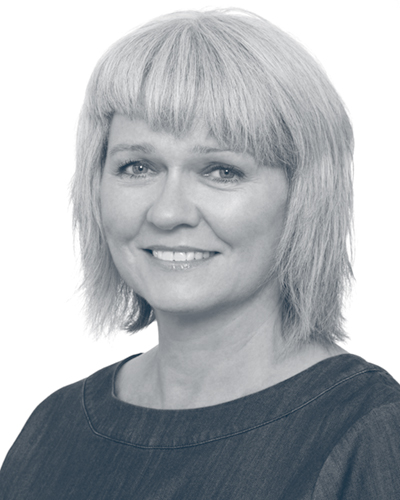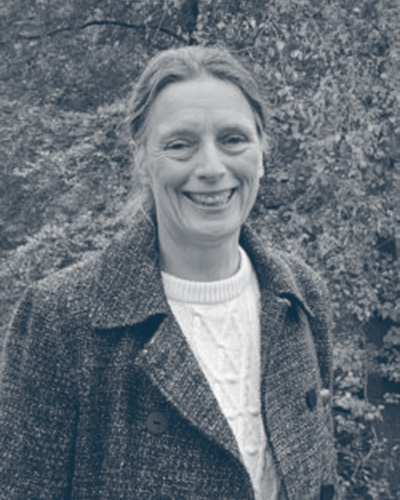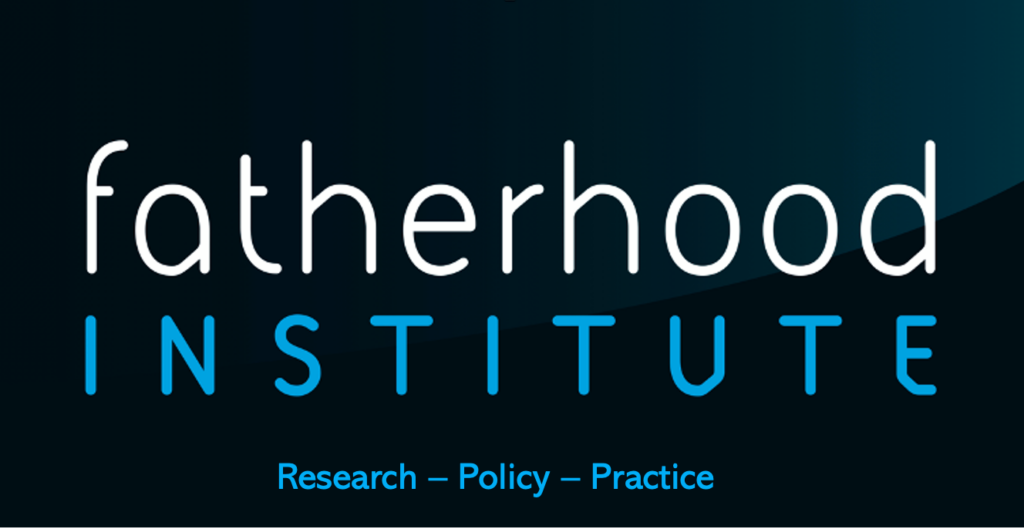Project Team

Helen leads the project, which builds on her previous
ESRC-funded work exploring what influences paternal involvement in childcare and housework as children age from nine months to eleven years old in partnership with Working Families. Her research focus on fathers and fatherhood, the gendered division of labour and gender inequalities in work and family life. She is also co-Investigator on a project funded by the UKRI (ESRC) Covid-19 Rapid Response funding scheme (2020-22) exploring the impact of the coronavirus pandemic on early years childcare across England and Wales and has collaborated on several funded international research projects for the European Commission, the United Nation’s International Labour Office, the Korea Labour Institute and the European Trade Union Institute.
Contact: h.norman@leeds.ac.uk
Twitter: @HelenNorman23
For more information – see Helen’s webpage
Dr Jeremy Davies
Co-Investigator – the Fatherhood Institute

Dr Jeremy Davies is Head of Communications at the Fatherhood Institute, where he leads the MITEY (Men In The Early Years) and Time with Dad campaigns. Jeremy is a member of the Global Equality Collective and Diverse Educators. Jeremy was Deputy Chair of the Department for Education’s Gender Diversity Task and Finish Group (2017-18), sat on the Fawcett Society’s Commission on Gender Stereotypes in Early Childhood (2019-20) and was Co-Investigator on the ESRC-funded GenderEYE (Gender Diversification in Early Years Education) study (2018-20). As well as providing steer on the project design and interpretation of the findings, Jeremy will help to run the programme of knowledge exchange, impact and dissemination activities.
Contact: J.Davies@fatherhoodinstitute.org
Twitter: @fatherhoodinst
For more information – see Jeremy’s webpage
Professor Mark Elliot
Co-Investigator – University of Manchester

Professor of Social Statistics, Cathie Marsh Institute for Social Research (CMI), University of Manchester
Mark Elliot holds a chair in data science at the University of Manchester. His research is focused on the topics of data privacy and anonymisation. He founded the international recognised Confidentiality and Privacy Research Group (CAPRI) in 2002, and has run numerous research projects within the CAPRI remit. He leads the UK Anonymisation Network and is one of the key international researchers in the field of Statistical Disclosure and has an extensive portfolio of research grants and publications in the field. Mark will work with Helen to help steer the longitudinal analysis.
Contact: mark.elliot@manchester.ac.uk
For more information – see Mark’s webpage
Professor Colette Fagan
Co-Investigator – University of Manchester

Vice President for Research, University of Manchester
As Vice-President for Research, Colette is responsible for leading and implementing the University’s of Manchester’s research strategy and doctoral training. She is chair of the Russell Group’s PVC-Research Group and serves on the editorial board for The Conversation, N8 Research Partnership Senior Executive Group and the UUK/JISC Content Negotiating Strategy Group. She is an elected Fellow of the Academy of Social Sciences. Colette’s research and policy impact focus is employment, working conditions and job quality; with particular
interests in gender relations and inequalities and international comparative analysis. Colette will bring theoretical and
empirical knowledge specific expertise in the analysis of gender and class-based inequalities shaping the educational pathways of children.
Contact: Colette.fagan@manchester.ac.uk
For more information – see Colette’s webpage
Dr Rose Smith
Research Fellow – University of Leeds

Rose will assist the PI with the secondary data analysis including the data cleaning and the cross-sectional and longitudinal data analysis. Rose will work with the Millennium Cohort Study and National Pupil Database data, which builds on her previous research experience working on Nuffield Foundation funded research at the University of Nottingham, investigating educational progression in Mathematics using National Pupil Database and Individual Learner Record data. Her PhD research used survey microdata to explore public attitudes to welfare benefits in the UK and across Europe.
Academic Advisory Board
Dr Rita Chawla-Duggan

Rita is a Senior Lecturer in the Department for Education at the University of Bath. Her research interests include educational quality, the study of pedagogic relations and child socialisation, early childhood learning and development and the social influences on young children’s learning, especially fathering. Rita’s research on fathering includes: facilitating practitioner development for better father involvement; pedagogic relations between educational settings and fathers; and young children’s perspectives of father involvement in the home learning environment.
For more information – see Rita’s webpage
Professor George Leckie

George is a Professor of Social Statistics and Co-Director of the Centre for Multilevel Modelling (CMM) at the School of Education at the University of Bristol. George’s methodological interests are in the development, application and dissemination of multilevel and related models to analyse educational and other data. His substantive interests focus on design, analysis, and communication issues surrounding school performance measures and league tables, especially the use of value-added models for estimating school effects on student achievement for accountability and choice purposes.
For more information – see George’s webpage
Professor Sarah Irwin

Sarah is Professor of Sociology in the School of Sociology and Social Policy at the University of Leeds. She is also Director of the Centre for Research on Families, the Life Course and Generations (FLaG). Sarah’s research relates to family life, parenting, youth transitions and educational pathways, and socio-economic inequalities. She recently completed a qualitative longitudinal research project into parenting and family life, with a particular focus on parents’ values and practices as their children grew up. She is also interested in transitions from youth to adulthood, in the changing relationship between education and the labour market, and in young people’s employment and family related pathways.
For more information – see Sarah’s webpage
Dr Chris Stride

Chris is an applied statistician based at the University of Sheffield who also runs his own statistical consultancy and training company: Figure it Out.
Chris has provided steer to the PI on the structural equation modelling, mediation and moderation aspects of the quantitative analysis.
For more information, see Chris’ webpage





